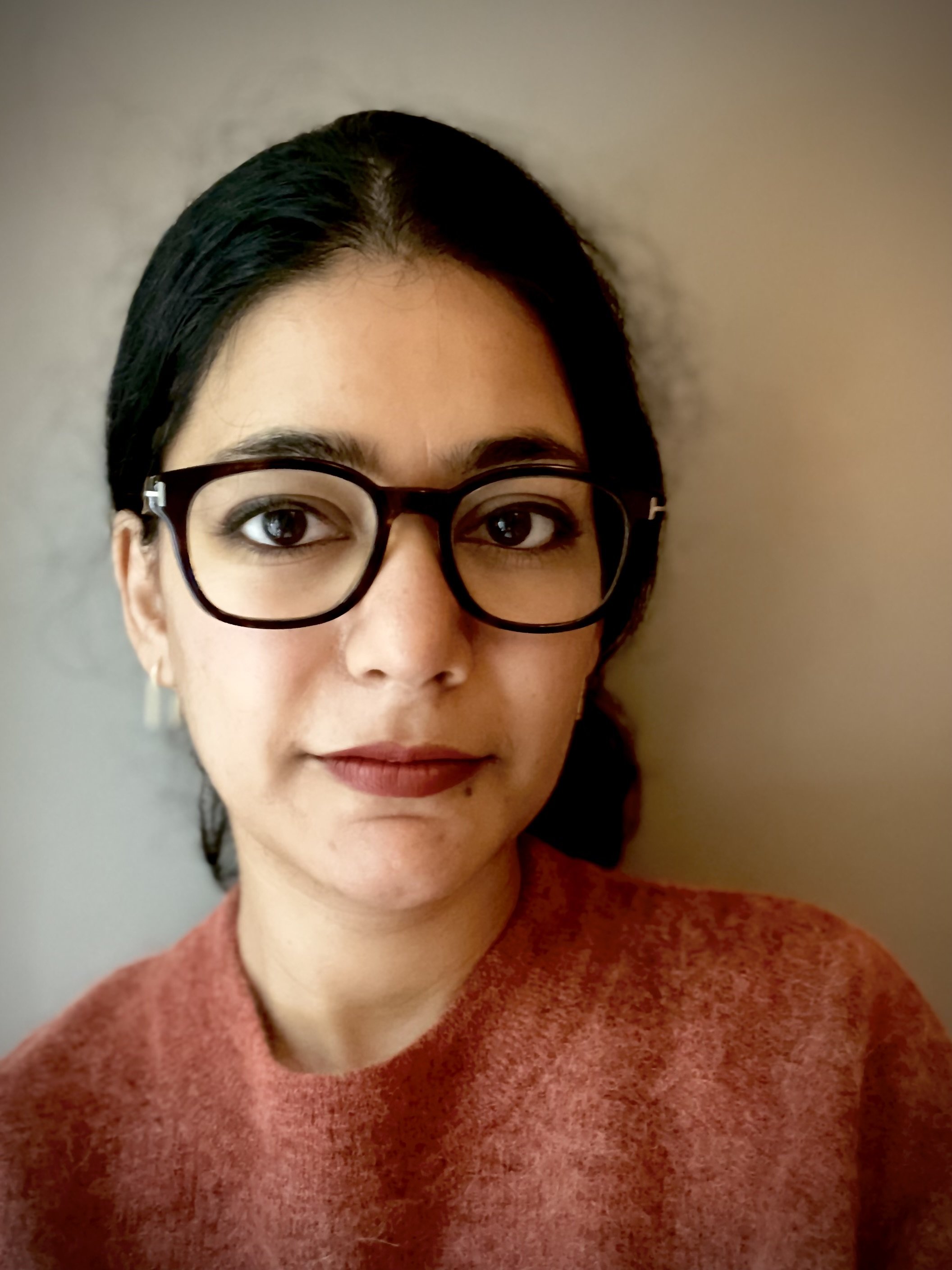
KindSpace is a center for mental health, specializing in clinical practice & academic research that matters.
We offer individual and group therapy, conduct academic research & build awareness about important issues in mental health through our writing.
Thoughtful mental healthcare
We are a group of researchers-clinicians who aim to bring culturally responsive knowledge to support our individual and group therapy efforts. In our work, we keep in mind research on topics such as nutrition, sleep, intersectionality, intergenerational trauma and neuroscience to make sure we’re addressing the person and their situatedness.
The center of our therapeutic work is always a compassionate, welcoming bond with our patients (or clients) such that they feel safe to explore the ways in which their past has a hold on them, to share with us the many difficult experiences they may have faced and make sense of it all with them. Our aim is to be with them so they can learn to be with their own distress and find a sense of choice as they go forward.
Leading research for impact
We are each actively involved in multiple research projects that range from exploring the lived experiences of those who were emotionally neglected in childhood to working with the Indian judiciary to prevent retraumatization of victims of child sexual abuse. If we see the potential for an impact where intervention with the mental health of one person effects the many around them, we pursue that.
We believe that much like colliding atoms sharing energy, people impact each other’s mental health. Creating impact at nodal spaces can model and present that emotional stability to those around them. This is where we direct our research.
We are always open to collaborating with other academics, educational institutions and labs, or organizations for such research.
We hope to rethink the way mental health is understood and responded to, by imagining it as a shared responsibility, openly talked about and treated, inclusive for everyone, responsive to language and culture, and eventually as something democratically available to those who need it most.
People
Dr Nivida Chandra
PhD, Psychology, IIT Delhi
Founder, Principal Psychologist
nivida@kindspace.in
I am a psychologist and researcher, specializing in the emotional abuse of children in India. I am also the founder-editor of The Shrinking Couch, where I published informational and experiential articles for those affected by mental health concerns. My doctoral work was on the emotional neglect of children in urban India (parentification). I hold a PhD in psychology from the Indian Institute of Technology, Delhi and was awarded the Fulbright Nehru Doctoral Research scholarship to New York University (NYU).
I have a private practice based in New Delhi, India, but I see people from all over the world and across cultures. I specialize in parentification and supporting people through grief. I work with individual adults only at the moment. In my research, I’m focused on exploring how childhood emotional neglect permeates horizontally into our adult relationships, and vertically to the next generations, and how to safely interrupt this transfer and restore a fullness to the lives of those who were neglected.
Dr Meetali Devgun
PhD, Clinical Psychology, NIMHANS
Principal Psychologist
meetali@kindspace.in
I am a licensed clinical psychologist, psychotherapist and researcher with over a decade of experience in clinical practice, research and mental health advocacy settings in India. I hold a PhD in Clinical Psychology from the National Institute of Mental Health and Neuro Sciences (NIMHANS), Bangalore and MPhil in Clinical Psychology from the Institute of Human Behaviour and Allied Sciences (IHBAS), Delhi. My doctoral research explored myths and erroneous beliefs that enshroud the complex issue of Child Sexual Abuse (CSA) and its disclosure in Indian youth.
My private practice caters to individuals, couples and families from diverse age groups and backgrounds across the world. I also provide clinical supervision for young mental health professionals in training. In individual therapy, I meet each person with a focus on their unique personhood, how they have come to be who they are, what in their lives has stopped working for them, and how we can come together to ease that distress. With couples and families, I bring attention to the systems that are holding the present dynamics in place, and support them as they develop insight into their own workings, what they each bring to the system and empower them towards what they’d like to change.
In my research endeavours, I want to develop a culturally attuned understanding of sexual grooming through an exploration and analysis of narratives from adult CSA survivors, and those whose orbits intersect with the lives of young victims - a spectrum that includes the realms of law enforcement and the judicial system.
Apart from academia and clinical practice, I invest a significant part of my energy in crafting and conducting training programs that are aimed to better equip professionals working at the intersections of child mental health, education, medicine, law, and the judiciary.


